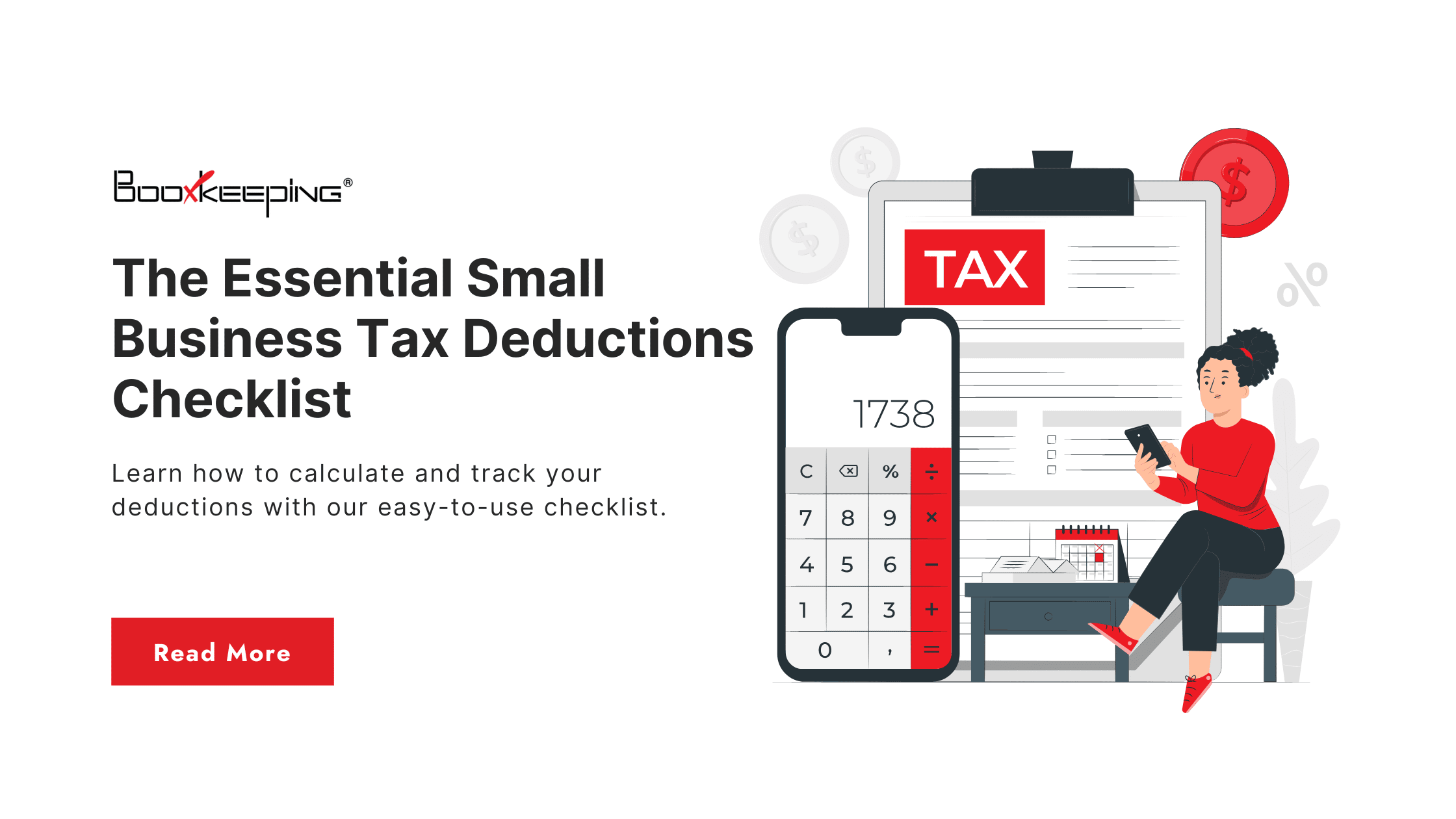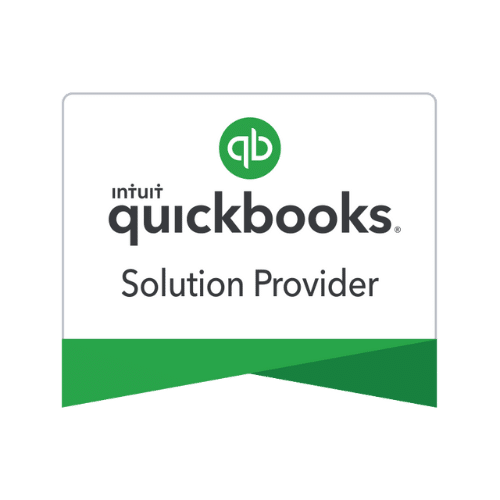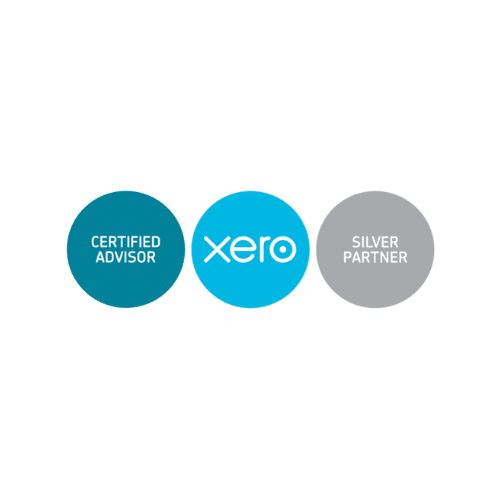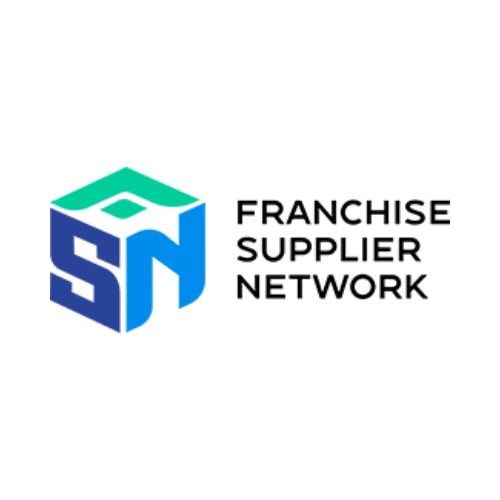Introduction
Maximizing Your Small Business Tax Deductions
Small business owners are constantly looking for ways to reduce their tax liabilities and increase their profits. One of the most effective ways to do this is through tax deductions. Tax deductions allow business owners to subtract certain expenses from their taxable income, reducing the amount of taxes they owe. This small business tax deductions checklist will provide a comprehensive overview of small business tax deductions and how they can help your business. We’ll discuss what is considered a tax-deductible expense, how to claim deductions and provide tips to maximize your savings. Whether you’re just starting out or have been in business for a while, this guide will help you understand the ins and outs of small business tax deductions.
Common Business Expenses that are Tax Deductible
Identifying Tax-Deductible Business Expenses – A Guide for Small Business Owners
One of the biggest benefits of being a small business owner is the ability to deduct certain business expenses from your taxable income. These deductions can significantly reduce your tax liability, freeing up more money for your business. Here are some of the most common business expenses that are tax deductible:
Advertising and Marketing: The cost of advertising your business, such as flyers, brochures, and online ads, is tax deductible.
Employee Benefits: Employee benefits, such as health insurance, retirement plans, and bonuses, are tax deductible.
Home Office: If you use a portion of your home for business, you may be able to deduct a portion of your rent, mortgage, utilities, and other related expenses.
Meals and Entertainment: Business-related meals and entertainment expenses, such as business lunches, are tax deductible, up to 50% of the cost.
Office Supplies: The cost of office supplies, such as stationery, printing paper, and ink cartridges, is tax deductible.
Professional Services: The cost of professional services, such as legal or accounting services, is tax deductible.
Travel: Travel expenses for business purposes, such as airfare, hotel stays, and rental cars, are tax deductible.
It’s important to note that not all business expenses are tax deductible. It’s best to consult with a tax professional to ensure you are maximizing your deductions and avoiding penalties.
How to Calculate Business Tax Deductions
Crunching the Numbers: How to Calculate Your Small Business Tax Deductions
Calculating tax deductions for your small business can be a confusing and time-consuming process. However, it is crucial to get it right to ensure that you are not paying more taxes than you need to. This section will cover the process of calculating your small business tax deductions.
The first step in calculating your tax deductions is to gather all of your business expenses. This should include all expenses related to running your business, such as rent, utilities, supplies, and employee salaries.
Next, you will need to determine which of these expenses are tax-deductible. The Internal Revenue Service (IRS) has specific guidelines for what can and cannot be considered a tax-deductible business expense. For example, most expenses related to running your business, such as rent, utilities, and supplies, are typically tax-deductible.
Once you have determined which expenses are tax-deductible, you will need to calculate the amount of each deductible expense. This can be done by using a simple formula, which is the expense cost divided by the percentage of the expense related to your business.
Finally, you will need to add up all of your tax-deductible expenses to determine your total business tax deductions. This amount can then be used to reduce your taxable income, which can help lower your overall tax bill.
Pro Tip: Hire a professional bookkeeper and make the task of calculating your taxable income simple and easy.
In conclusion, calculating your small business tax deductions may seem like a complex process, but with the right information and tools, it can be a straightforward and manageable task. By taking the time to calculate your tax deductions, you can ensure that you are not paying more taxes than you need to and keep more of your hard-earned money in your business.
Tax Deduction Checklist for Small Businesses
Staying Organized and On-Track
As a small business owner, taking advantage of all tax deductions available to you is important to minimize your tax liabilities and keep more money in your pocket. One way to do this is by keeping a comprehensive tax deduction checklist. Here are some essential items to include in your tax deduction checklist, as well as tips for maximizing deductions and avoiding common mistakes.
Essential items to include in your tax deduction checklist:
- Employee salaries and wages
- Office supplies and equipment
- Business travel expenses (e.g., airfare, hotel, meals, transportation)
- Business insurance premiums
- Home office expenses (if you have a dedicated space in your home for business activities)
- Marketing and advertising expenses
- Legal and professional fees
- Interest on business loans
Tips for maximizing deductions and avoiding common mistakes:
- Keep detailed and organized records of all business expenses
- Make sure only to claim deductions for legitimate business expenses.
- Be mindful of the mileage deduction limit if claiming expenses for business use of a personal vehicle
- Don’t mix personal and business expenses
- Seek professional advice if you’re unsure about the tax deductibility of an expense.
By following these tips and making sure to include all essential items in your tax deduction checklist, you can help ensure that you are maximizing your tax deductions and minimizing your tax liabilities.
Conclusion
Maximizing Your Small Business Tax Deductions
In conclusion, tax deductions are crucial to small business tax management. By understanding common tax-deductible expenses and how to calculate deductions, you can save money and avoid costly mistakes. A tax deduction checklist can help you stay organized and ensure you don’t miss any important deductions. With the right knowledge and preparation, you can take advantage of every opportunity to lower your small business tax bill.







